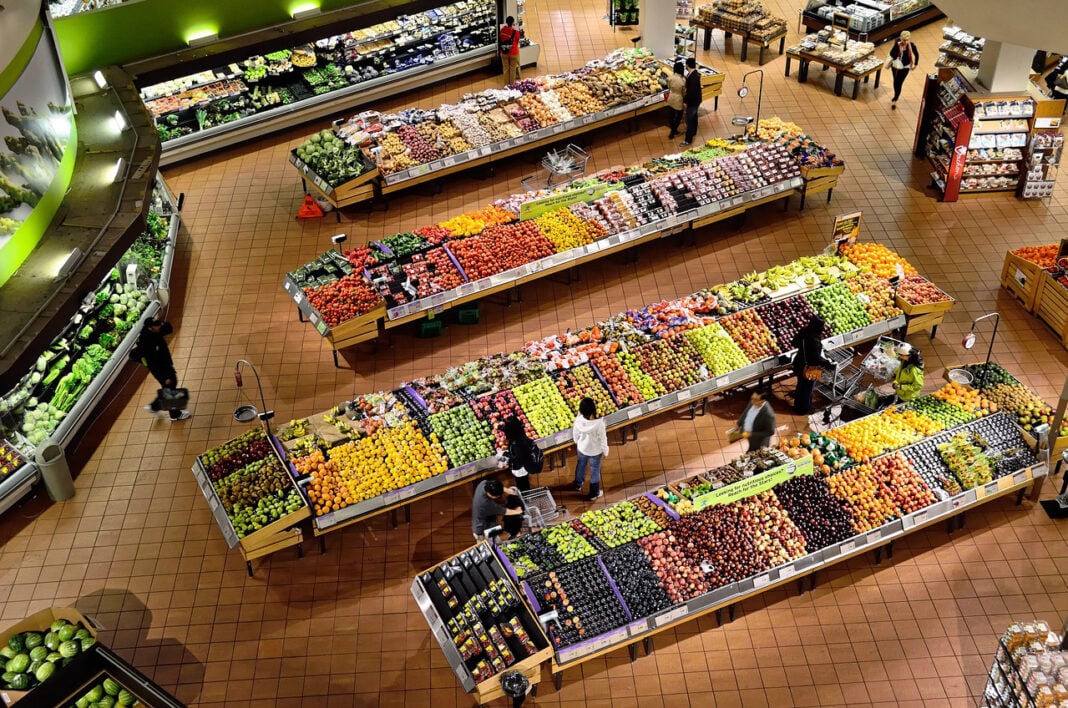Managing a tight budget while ensuring you and your family eat nutritious meals can feel like a daunting task. However, with the right strategies and a bit of planning, grocery shopping on a budget doesn’t have to mean compromising on quality or taste. This blog aims to provide you with practical tips and smart techniques to stretch your dollar further without sacrificing the essentials. From meal planning and smart shopping habits to taking advantage of discounts and seasonal produce, we’ve got you covered. Let’s dive in and discover how to navigate the aisles like a pro, making the most of every penny.
Utilizing Coupons and Loyalty Programs
One of the most effective ways to save money on your grocery bill is by taking advantage of coupons and loyalty programs. Coupons can provide significant discounts on a wide range of products, from pantry staples to fresh produce. They may be found in a variety of venues, including newspapers, online coupon services, and even directly on manufacturer websites. Whether it’s BJ’s Coupons or your local grocery store’s paper coupons, make sure to check for discounts before heading out to shop. This can save you a lot of money in the long term. Loyalty programs are another great way to save. Many grocery stores offer loyalty cards or apps that provide exclusive discounts and rewards for frequent customers. By scanning your card at checkout or using the app, you can earn points towards future purchases, receive personalized deals, and even get free items. Make sure to sign up for these programs and take advantage of all their benefits.
Making a Shopping List and Sticking to It
Creating a well-thought-out shopping list is crucial for staying within your budget and avoiding impulse purchases. Start by planning your meals for the week and noting all the ingredients you will need. Group items on your list by category, such as produce, dairy, and pantry staples, to make your shopping trip more efficient. Sticking to your list will help you avoid the allure of unnecessary items that can quickly add up. Additionally, consider using a budgeting app or a simple spreadsheet to track your grocery spending and adjust as needed. By having a clear plan and sticking to your list, you can make your grocery shopping trips both cost-effective and stress-free.
The Benefits of Buying in Bulk
Buying in bulk can be a game-changer when it comes to stretching your grocery budget. One of the primary benefits is the cost savings per unit. When you purchase larger quantities, the price per unit is often significantly lower compared to smaller packages. This is especially true for non-perishable items such as rice, pasta, canned goods, and cleaning supplies. Another advantage is the reduced frequency of shopping trips, which can save you both time and transportation costs.
Additionally, having a stockpile of essentials at home can provide a sense of security and convenience, reducing the need for last-minute trips to the store. However, it’s important to be mindful of storage space and ensure that the items you buy in bulk are ones that you will use before they expire. Proper planning and organization can help you make the most of bulk buying, allowing you to enjoy substantial savings without sacrificing quality or freshness.
Seasonal Produce: Freshness Meets Affordability
One of the best ways to maximize both the freshness and affordability of your groceries is by opting for seasonal produce. Fruits and vegetables that are in season are often abundantly available, which drives prices down due to higher supply. Not only does this practice help you save money, but it also ensures that you are consuming the freshest and most flavorful produce. Seasonal fruits and vegetables are harvested at their peak, which means they retain more nutrients compared to out-of-season items that are often picked prematurely and transported long distances.
To take full advantage of seasonal produce, familiarize yourself with what’s in season in your local area. Many grocery stores and farmers’ markets highlight seasonal items, making it easy for you to make smart choices. For instance, spring is a great time to buy strawberries, asparagus, and peas, while fall is perfect for pumpkins, apples, and Brussels sprouts. Planning your meals around seasonal produce allows you to enjoy a variety of fresh, nutritious foods throughout the year without breaking the bank.
Grocery shopping on a budget requires careful planning, smart strategies, and a bit of creativity. You can significantly reduce your grocery bill without compromising on quality by utilizing coupons and loyalty programs, making a list, buying in bulk, and choosing seasonal produce. With these tips in mind, you can make the most of every trip to the store and enjoy delicious meals while staying within your budget.






